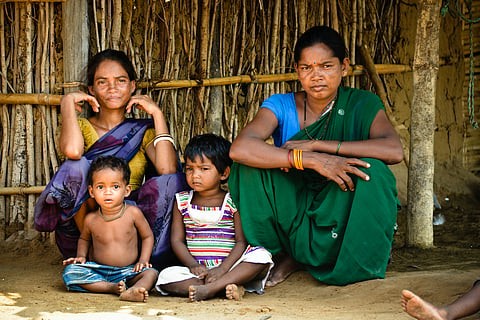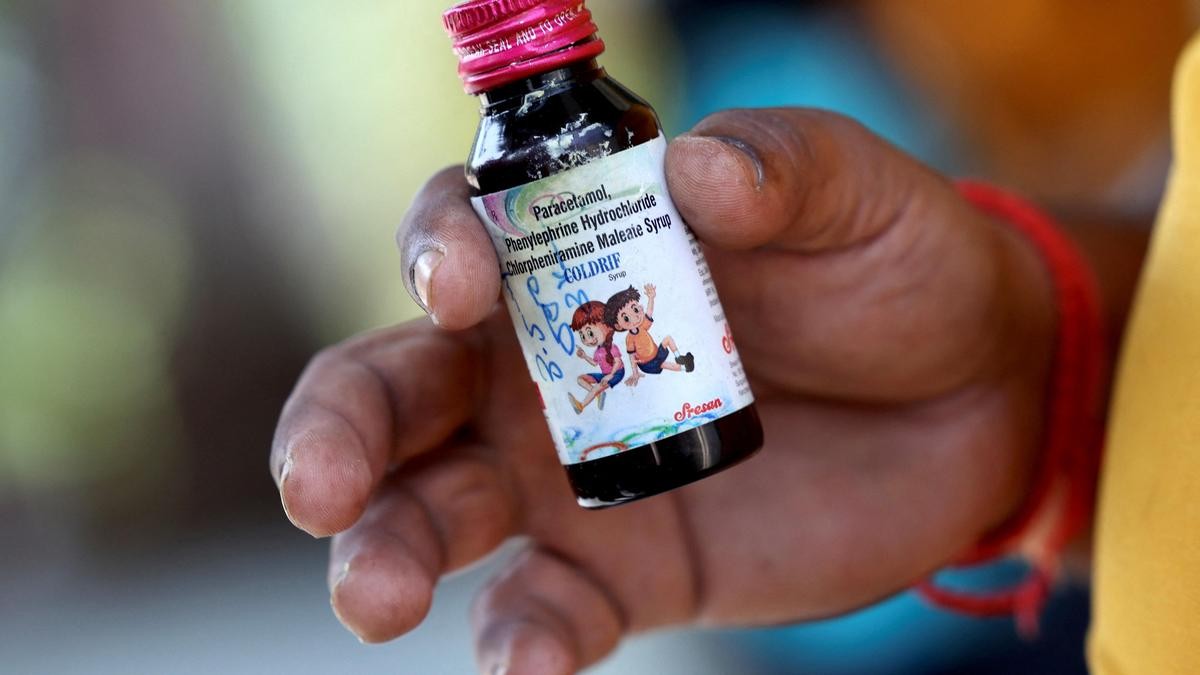Description
.png)
Copyright infringement not intended
Picture Courtesy: www.deep-epigenetics.org
Context: Diverse Epigenetic Epidemiology Partnership (DEEP) collaborates with global research groups to study Non-Communicable Diseases genetics in diverse populations worldwide.
About the DEEP Project
- The project involves collaboration with researchers from various disciplines and regions to investigate the effects of genomic and environmental diversity on disease risk.
- It aims to explore the interplay of genetics and the environment in relation to Non-Communicable Diseases (NCDs) and their associated traits.
- NCDs like diabetes, cardiovascular, and mental disorders are rising globally, showing varied onset and symptoms across populations, including India and South Asia.
- It will involve approximately 13,000 participants from diverse genetic and environmental contexts, including individuals from India. The project has received a grant of ₹25 crore from the Medical Research Council, UK.
- Much of the population health research has historically been based on data collected from people of white European origins, leading to the underrepresentation of many global communities in health studies.
- Genetic databases for genomic research need to include diverse populations to gain a better understanding of the factors contributing to differences in gene regulation and disease risk.
- The research reveals that micronutrients like vitamin B12 and folates impact disease risk through epigenetic regulation, specifically DNA methylation, shaping the body's response to environmental cues and influencing health outcomes.
- The research aims to uncover global and region-specific disease mechanisms, assess cross-population medicine effectiveness, and enable targeted interventions, striving to diminish global health disparities and inequities.

Conclusion
- Diverse Epigenetic Epidemiology Partnership (DEEP) will contribute to a better understanding of the genetic and environmental factors that underlie the prevalence and variability of NCDs in different populations, and it has the potential to improve global health outcomes.
|
PRACTICE QUESTION
Q. What are the key risk factors associated with Non-Communicable Diseases (NCDs), and how can targeted interventions effectively mitigate the prevalence and impact of these diseases on a global scale?
|




.png)
.png)






